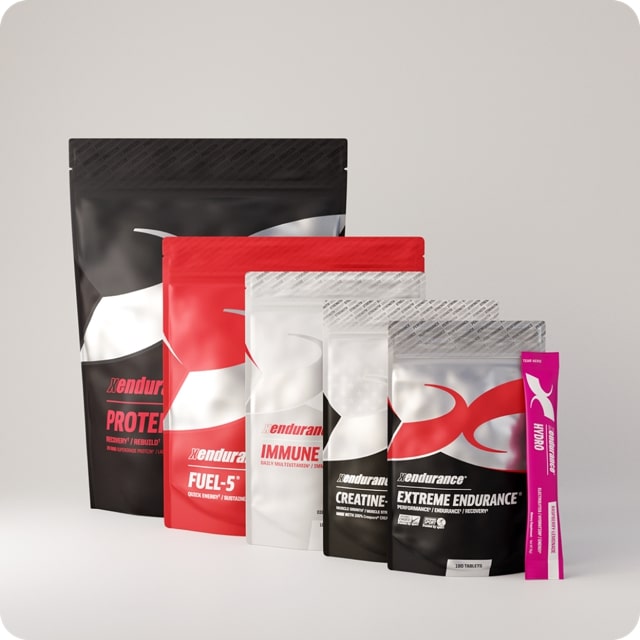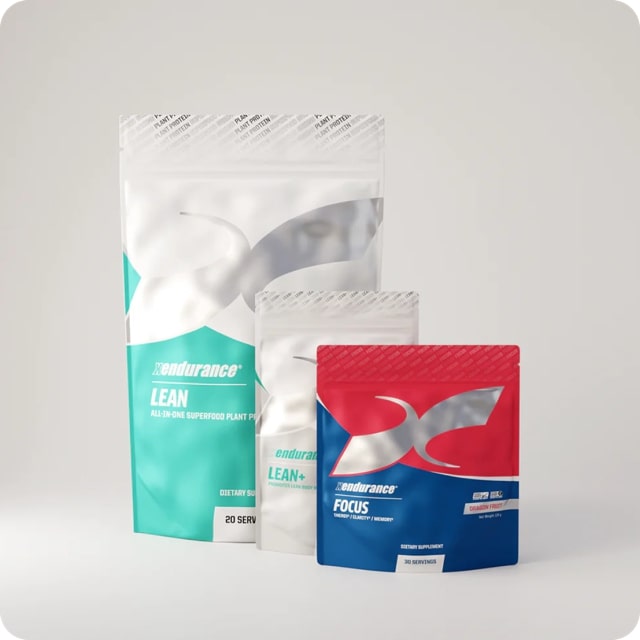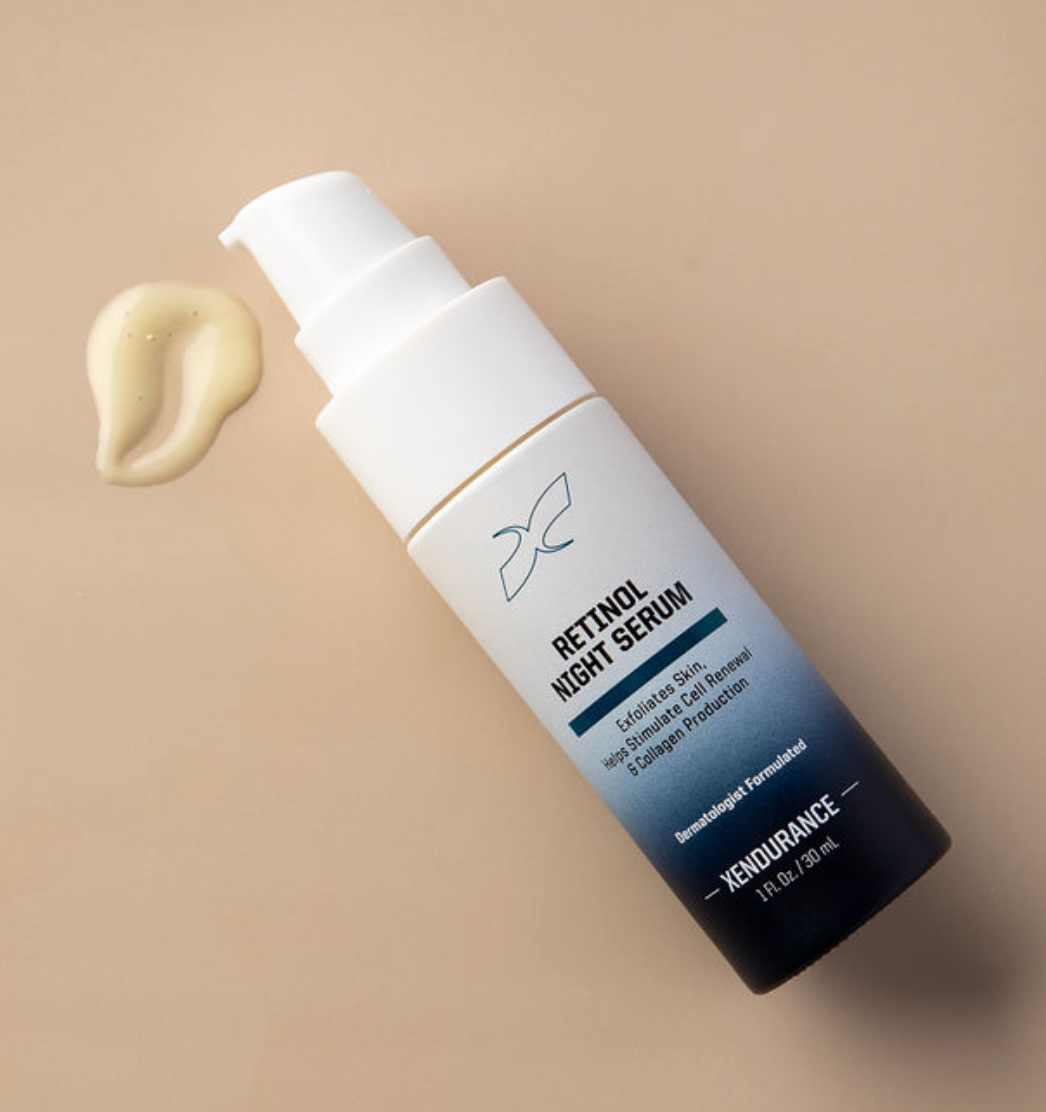Artificial sweeteners have long been marketed as a healthier alternative to sugar. They are commonly found in sugar-free or low-calorie foods and drinks, making them an attractive option for those who are trying to lose weight or manage their blood sugar levels. However, recent research suggests that artificial sweeteners may not be as healthy as we once thought. In this blog post, we will explore why artificial sweeteners are not always healthy as regular sugar and what you can do to reduce your intake of these sweeteners.
Sugar Addiction: Why Do We All Crave Sugar?
Sugar is a highly palatable substance that triggers the release of dopamine in the brain, creating a pleasurable experience. Our bodies are programmed to crave sweet foods because they are a source of energy that our ancestors relied on to survive. However, modern food is readily available, and sugar is added to most processed foods. This leads to excessive consumption, causing the brain to release more dopamine and increasing the likelihood of addiction.
When we consume sugar, our blood sugar levels spike, leading to a release of insulin, which helps our bodies absorb the sugar. However, when we consume too much sugar, our bodies become resistant to insulin, leading to insulin resistance and an increased risk of type 2 diabetes.
Over time, excessive sugar consumption can lead to addiction, causing cravings, mood swings, and a lack of self-control. Remember how you can not eat just ONE Oreo cookie? Sugar cravings can have negative consequences on our health, including weight gain, tooth decay, and an increased risk of heart disease.
It is important to be mindful of our sugar intake and by reducing our sugar consumption it can help us avoid the negative consequences of sugar addiction and lead to improved overall health.

What Are Artificial Sweeteners?
Artificial sweeteners are synthetic compounds that are used as a sugar substitute in food and drinks. They are many times sweeter than sugar and are often added to low-calorie or sugar-free products to provide a sweet taste without the added calories. Several different types of artificial sweeteners are on the market, including aspartame, sucralose, and saccharin.
Why Are Artificial Sweeteners Used?
Artificial sweeteners are used for a variety of reasons. One of the primary reasons is to reduce the calorie content of food and drinks. Since artificial sweeteners are many times sweeter than sugar, they can be used in much smaller quantities to achieve the same level of sweetness. This means that food and drink manufacturers can reduce the amount of sugar in their products without sacrificing taste.
Artificial sweeteners are also used to provide a sweet taste to products that would not normally contain sugar, such as diet soda or sugar-free gum. This makes them an attractive option for people who are trying to reduce their sugar intake or manage their blood sugar levels.
Why Are Artificial Sweeteners Not Always Healthy?
While artificial sweeteners may seem like a healthy alternative to sugar, research suggests that they may not be as good for you as we once thought. Here are several reasons why you may want to pause before you purchase:
Artificial Sweeteners Can Lead to Weight Gain
One of the primary reasons people use artificial sweeteners is to help them lose weight. However, recent research suggests that consuming artificial sweeteners may actually lead to weight gain. Regarding weight control, some studies report a link between consuming artificially sweetened beverages and obesity.
Artificial Sweeteners Can Increase the Risk of Diabetes
Artificial sweeteners are often marketed to people with diabetes as a way to manage their blood sugar levels. However, research suggests that consuming artificial sweeteners may actually increase the risk of developing type 2 diabetes. A study found that people who consumed diet soda on a daily basis had a higher risk of developing type 2 diabetes than those who did not consume diet soda.
Artificial Sweeteners Can Be Addictive
Artificial sweeteners are many times sweeter than sugar, which can make them addictive. When you consume something sweet, your brain releases dopamine, a neurotransmitter that is associated with pleasure and reward. Over time, your brain can become accustomed to the high levels of dopamine that are released when you consume artificial sweeteners, leading to cravings and addiction.
Artificial Sweeteners Can Disrupt Gut Bacteria
Your gut is home to trillions of bacteria that play a vital role in your overall health. Recent research suggests that consuming artificial sweeteners may disrupt the balance of bacteria in your gut, leading to a range of health problems. The study published in the journal Nature found that mice that were fed artificial sweeteners had altered gut bacteria, which can lead to metabolic disorders and other health problems.
Artificial Sweeteners May Increase the Risk of Cancer
There is some evidence to suggest that consuming artificial sweeteners may increase the risk of cancer. A study published in the American Journal of Clinical Nutrition found that women who consumed more than two servings of diet soda per day had a higher risk of developing certain types of cancer, including leukemia and non-Hodgkin lymphoma.
What Are the Top Five Artificial Sweeteners to Avoid?
Artificial sweeteners are widely used as sugar alternatives but there are several you may want to avoid. Here are the top five artificial sweeteners to avoid because of health risks:
- Aspartame: This is one of the most commonly used artificial sweeteners and is found in many sugar-free and low-calorie products. It is made from two amino acids, aspartic acid, and phenylalanine. Aspartame has been linked to a range of health problems, including headaches, dizziness, and seizures.
- Sucralose: This is another widely used artificial sweetener and is found in many diet sodas, and other low-calorie products and can also be found in abundance in supplements such as protein powders and drinks. Sucralose is made from sugar and is many times sweeter than sugar. While it is considered safe in moderate amounts, some studies have linked it to an increased risk of diabetes.
- Saccharin: This is the oldest artificial sweetener and is still used in some products, such as diet soda. Saccharin has been linked to an increased risk of bladder cancer and is considered a potential carcinogen by the World Health Organization.
- Acesulfame-K: This is another commonly used artificial sweetener that is also found in many diet drinks and other low-calorie products. While it is considered safe in moderate amounts, some studies have linked it to an increased risk of cancer.
- Neotame: This is a relatively new artificial sweetener that is found in some low-calorie products. It is similar in structure to aspartame and is many times sweeter than sugar. While it is considered safe, there is limited research on its long-term health effects.
It is important to read the labels! You may find ice cream bars in the grocery store that say “only 90 calories”! But don’t be fooled. The calories may not be there but the artificial sweeteners and other unhealthy ingredients may be marketed as a healthier alternative to sugar so do your due diligence.
What are Some Alternatives to Artificial Sweeteners?
- Natural sweeteners such as honey, maple syrup, and stevia, are a great alternative to artificial sweeteners. These sweeteners are not as processed as artificial sweeteners and can provide a similar level of sweetness without the added health risks.
- Fruit is a great way to satisfy your sweet tooth without consuming artificial sweeteners. Fruits like berries, apples, and oranges are naturally sweet and can provide a range of health benefits, including vitamins, minerals, and fiber
- Reduce sugar intake: One of the best ways to reduce your consumption of artificial sweeteners is to reduce your intake of sugar. While sugar is not always healthy, it is a natural substance that your body can process more easily than artificial sweeteners.
- Read labels: When shopping for food and drinks, be sure to read the labels carefully. Don’t be fooled by the marketing of the number of calories. Look for products that do not contain artificial sweeteners or other artificial ingredients.
While artificial sweeteners may seem like a healthier alternative to sugar, recent research suggests that they may not be as good for you as we once thought. Artificial sweeteners can lead to weight gain, increase the risk of diabetes, be addictive, disrupt gut bacteria, and increase the risk of cancer. If you are looking for a healthier alternative to artificial sweeteners, consider natural sweeteners, fruit, reducing your sugar intake, and reading labels carefully. By making these simple changes, you can reduce your consumption of artificial sweeteners and possibly improve your overall health.










Leave a comment
This site is protected by reCAPTCHA and the Google Privacy Policy and Terms of Service apply.